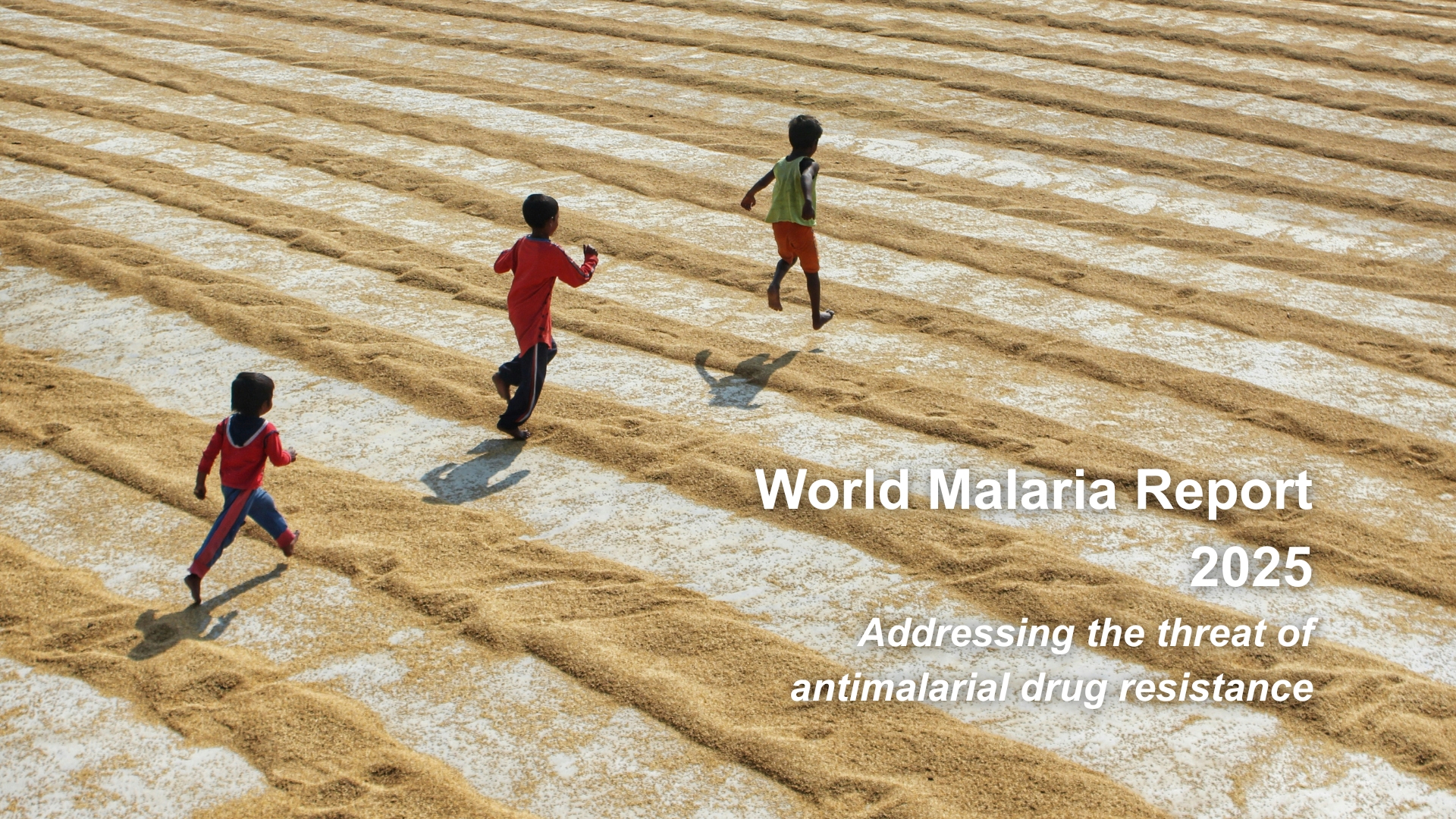
At its 2016 annual meeting in Davos, the World Economic Forum (WEF) launched the tenth in its series of Global Challenge Initiatives, focusing on the Future of Health. The initiative emphasizes the distinction between health and health care, and the belief that today’s major health challenges can only be addressed in cross-sectoral ways, involving partners beyond the traditional health care sector.
“We have seen decades of improvement in health care. We have seen decades of improvement in population longevity,” said Arnaud Bernaert, Head of Global Health and Healthcare Industries at WEF. “But now we are almost at a turning point where all this progress is at risk of being destroyed because of noncommunicable diseases, because of re-emergence of some diseases, and risks of pandemics.”
The Global Challenge Initiatives aim to align WEF activities to accelerate progress in tackling some of the most significant global problems, through sustained public–private collaboration. This newest initiative is the first to focus on the health arena. It provides a “self-organized operating system for public–private partnerships” built and led by partners and trustees. Drawing on WEF networks and other resources, its aims are to:
Solidify health networks of action-oriented leaders from the public and private sectors;
Break sectorial silos and accelerate access of new sectors to engage, invest and transform the health ecosystem;
Define and establish a coordination mechanism to optimize public-private cooperation at country level to respond to outbreaks;
Remove barriers to the transformation of the health landscape by building trust and common goals between public and private stakeholders.
“We see the Forum as a catalyst of public–private partnership, and as an instrument to make sure populations can stay healthy in the first place,” Bernaert added.
The launch panelists argued that up to 30% of the annual US$7 trillion global spending on health care may be currently wasted on “insufficient” outcomes, and pointed to the wide scope for much closer collaboration of the health care industry with national policy-makers to create better incentives for improved delivery of care.
Citing lessons from the Ebola outbreak in West Africa, they also stated that some populations are currently exposed to major global health security risks, and that this would also be an area covered as part of the new Global Challenge Initiative. In addition to promoting effective health care, the goal of the new initiative is to provide a framework for bringing together health promotion and disease prevention.
Image title
“The interface with the health care system for a healthy person compared to a person who has already been diagnosed in fundamentally different,” explained Omar Ishrak, Chairman and Chief Executive Officer, Medtronic Inc. “The expectation of a healthy person is not to fall ill. The expectation of a person who is already ill is to get better.”
The new Global Challenge Initiatives on the Future of Health brings together thought leaders and senior decision-makers from government, international organizations, civil society and business from sectors such as health care, food and beverages, sports and fitness, agriculture, telecommunications and infrastructure.
Omar Ishrak, Chairman and CEO of Medtronic captured during the press conference
(Photo: WEF/swiss-image.ch/Moritz Hager)
You can watch the launch press conference here and read further information about the Future of Health Global Challenge Initiative here.
.svg)


.jpg)






